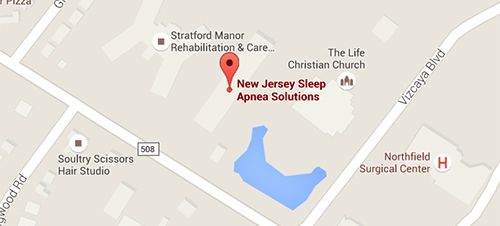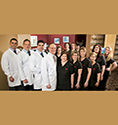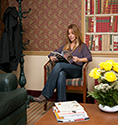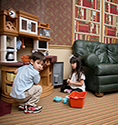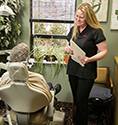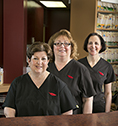CPAP Intolerance: What To Know
Submitted by New Jersey Snoring Solutions on Mon 01/18/2021 - 09:00
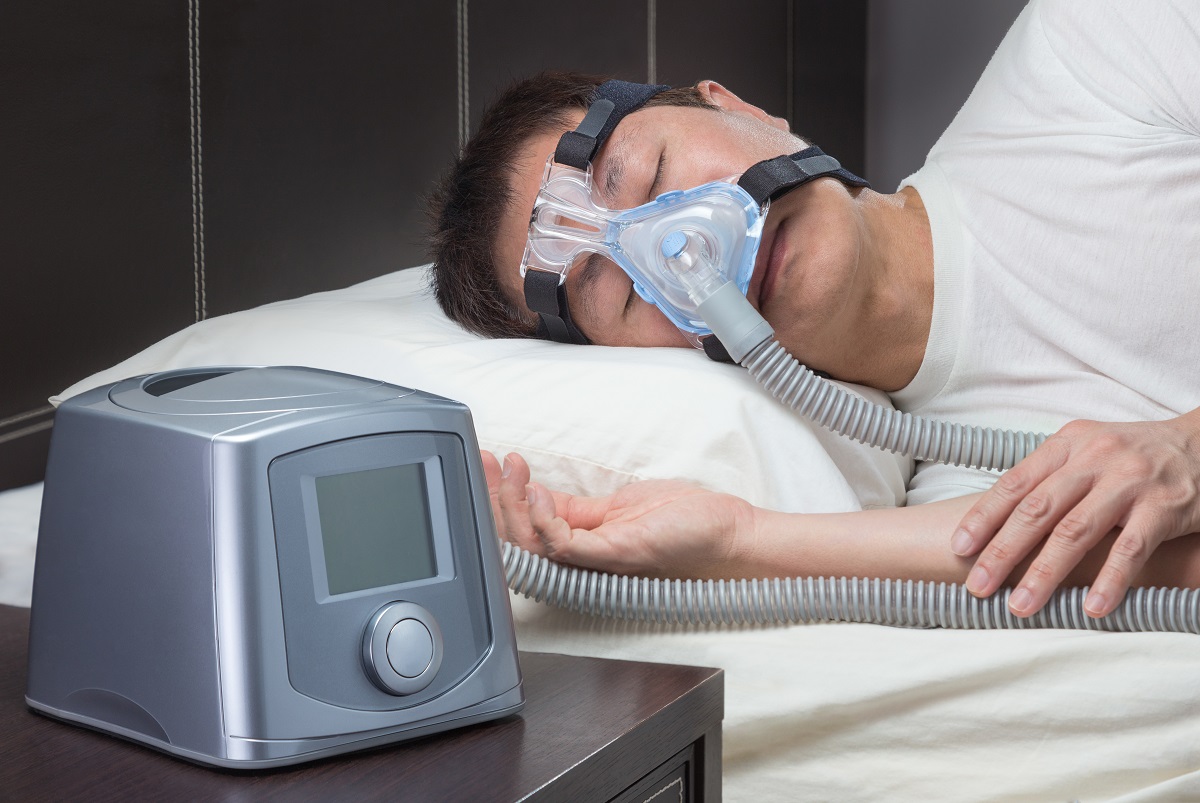
The use of a continuous positive airway pressure (CPAP) machine is considered by sleep specialists as the gold standard of obstructive sleep apnea treatment. But CPAP machines have been widely criticized by users for being uncomfortable and disruptive to sleep. Many users discover that despite their best efforts, they simply cannot tolerate CPAP machines. This is a risky choice, as not actively treating sleep apnea can have severe consequences on a person’s physical and psychological health.
Read on as Dr. Ivan Stein of New Jersey Sleep Apnea Solutions dives deeper into CPAP intolerance and explains what to do if you cannot wear your CPAP machine.
Common Complaints About CPAP Therapy
Uncomfortable and intrusive
Most people aren’t used to wearing a facial mask while sleeping and feel claustrophobic with something covering their nose and mouth. Some have concerns about suffocation or choking, since the feeling is so foreign.
Poor fit
With universal CPAP machine sizes, it can be difficult to get a well-fitting mask. If the mask is too tight, it can leave indentations on the skin. If it is too loose, it can shift during sleep or air can leak out of it.
Skin irritation
In addition to skin indentations from a poor fit, CPAP machines can irritate the facial skin, leave pressure sores or even cause an allergic reaction.
Noisy
Older CPAP models are notoriously noisy and impede restful sleep. CPAP users may toss and turn for hours, struggling to fall or stay asleep because of the noise.
Difficult to transport
The design of CPAP machines makes it challenging to transport them during travel.
Other physical side effects
CPAP machines are known for causing nasal congestion, nosebleeds and dry mouth in some users.
CPAP Isn’t the Only Form of Treatment
If you have been prescribed a CPAP machine but cannot tolerate it due to discomfort or disruption to your sleep, you have other options. At New Jersey Sleep Apnea Solutions, Dr. Stein offers a proven alternative to CPAP machines: oral appliance therapy.
There are two types of oral appliances: mandibular-repositioning devices and tongue-retaining devices. Both devices prevent the tissues at the back of the throat from collapsing, keeping the airway clear during sleep. Oral appliances are small, lightweight and custom-fitted for personal comfort. They are silent and portable. Although there is a slight adjustment period when starting to wear an appliance, the side effects are nothing like that of a CPAP machine.
For more information about oral appliance therapy, Dr. Stein invites you to schedule a consultation at our practice. Contact us today to request an appointment.

